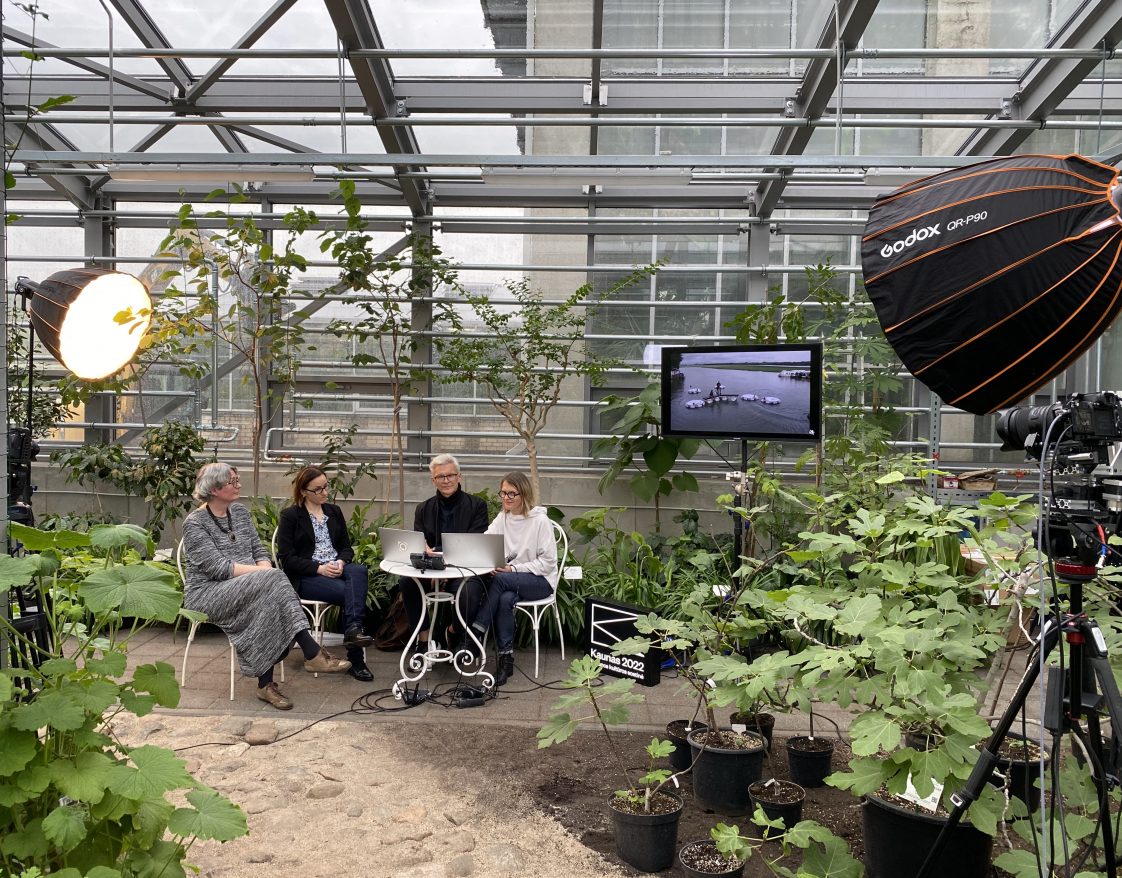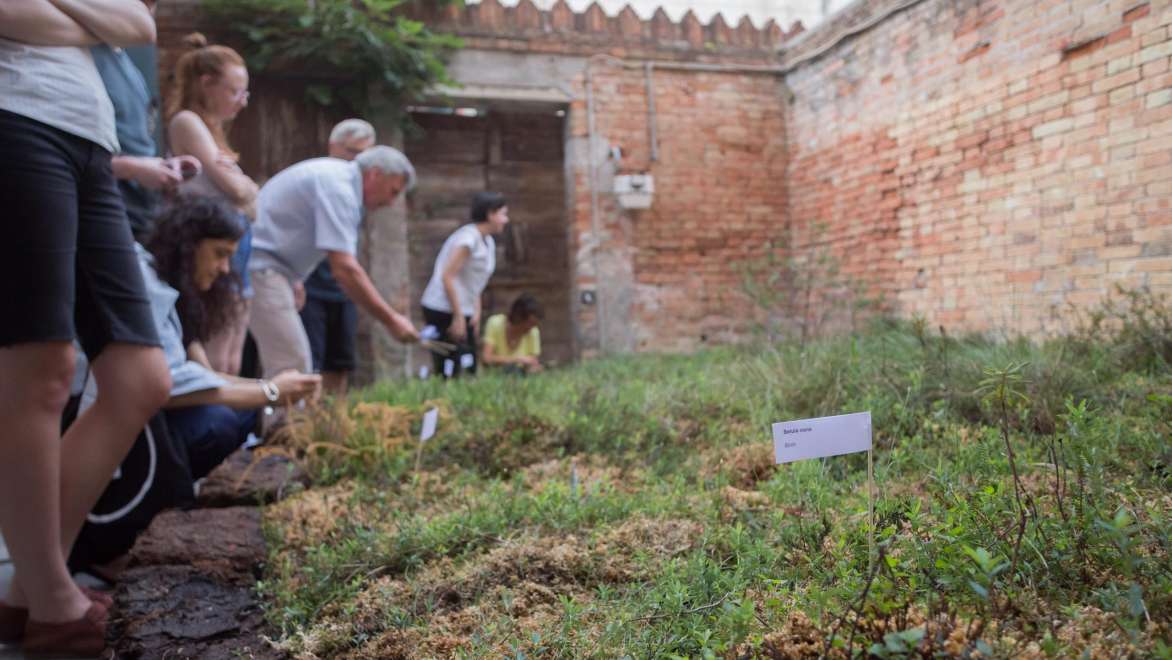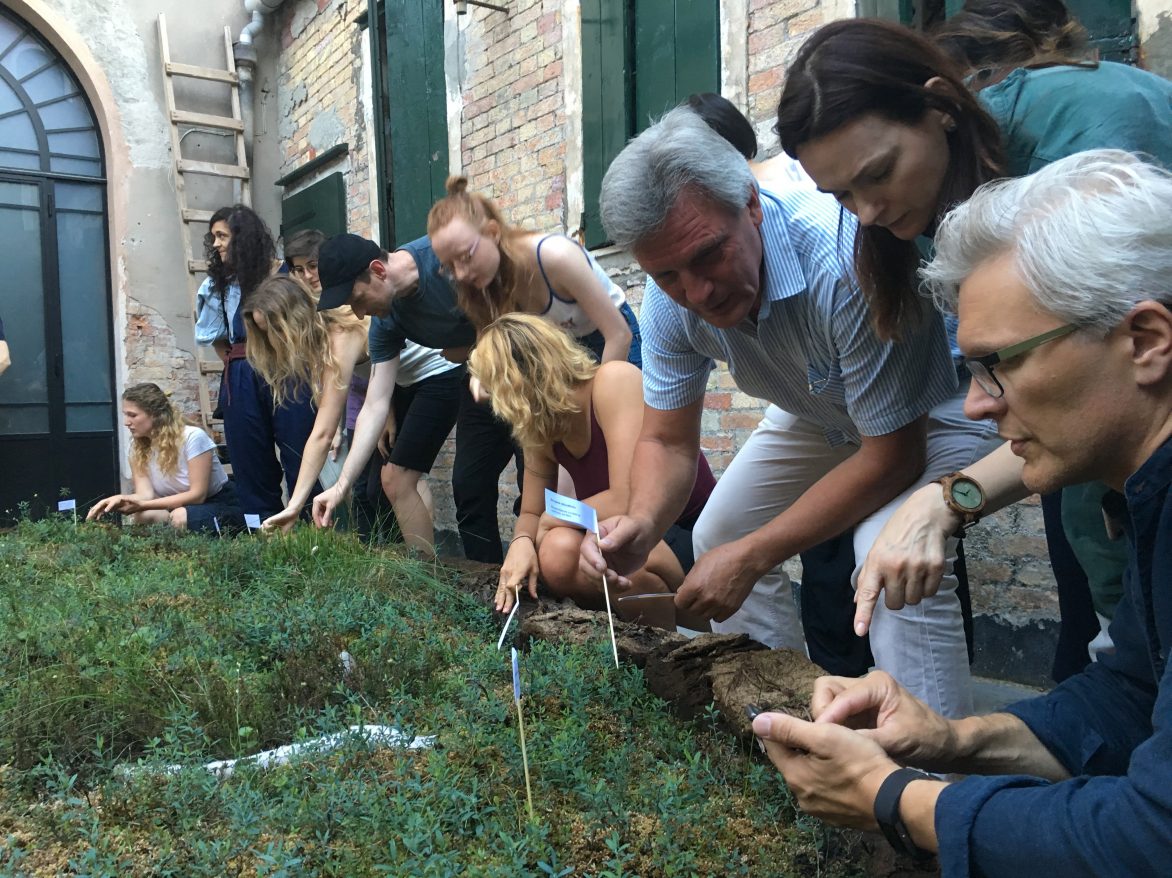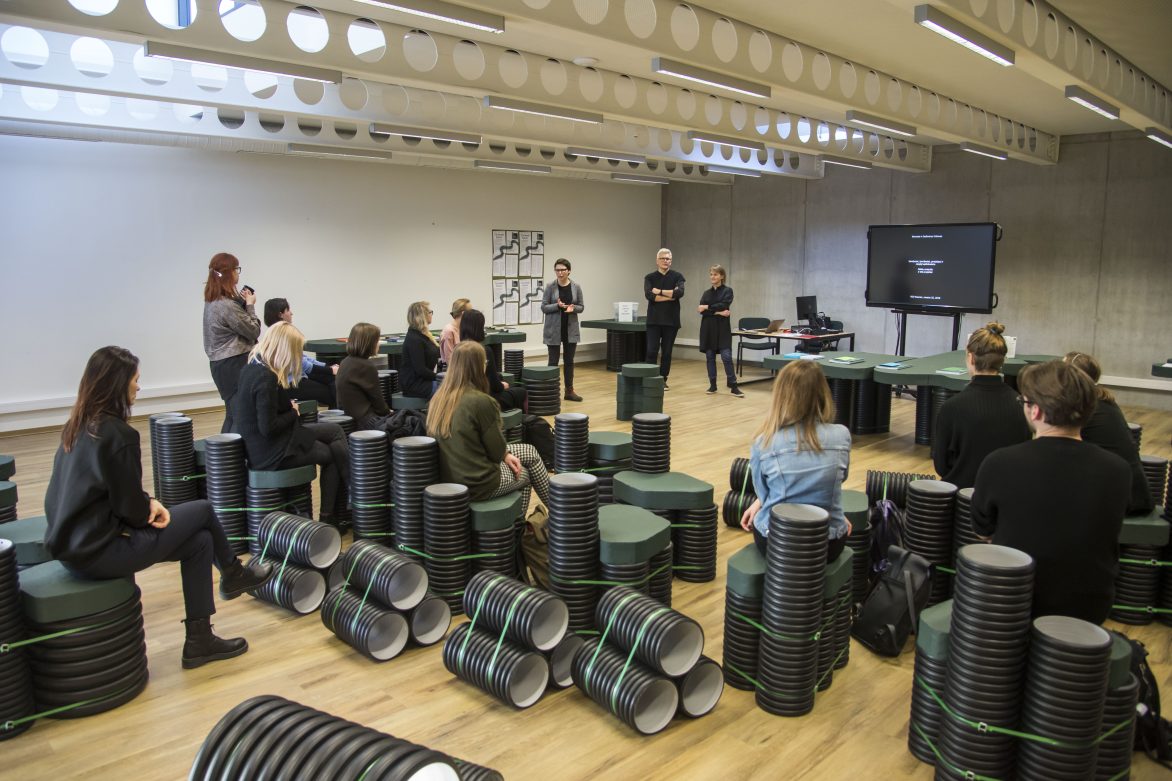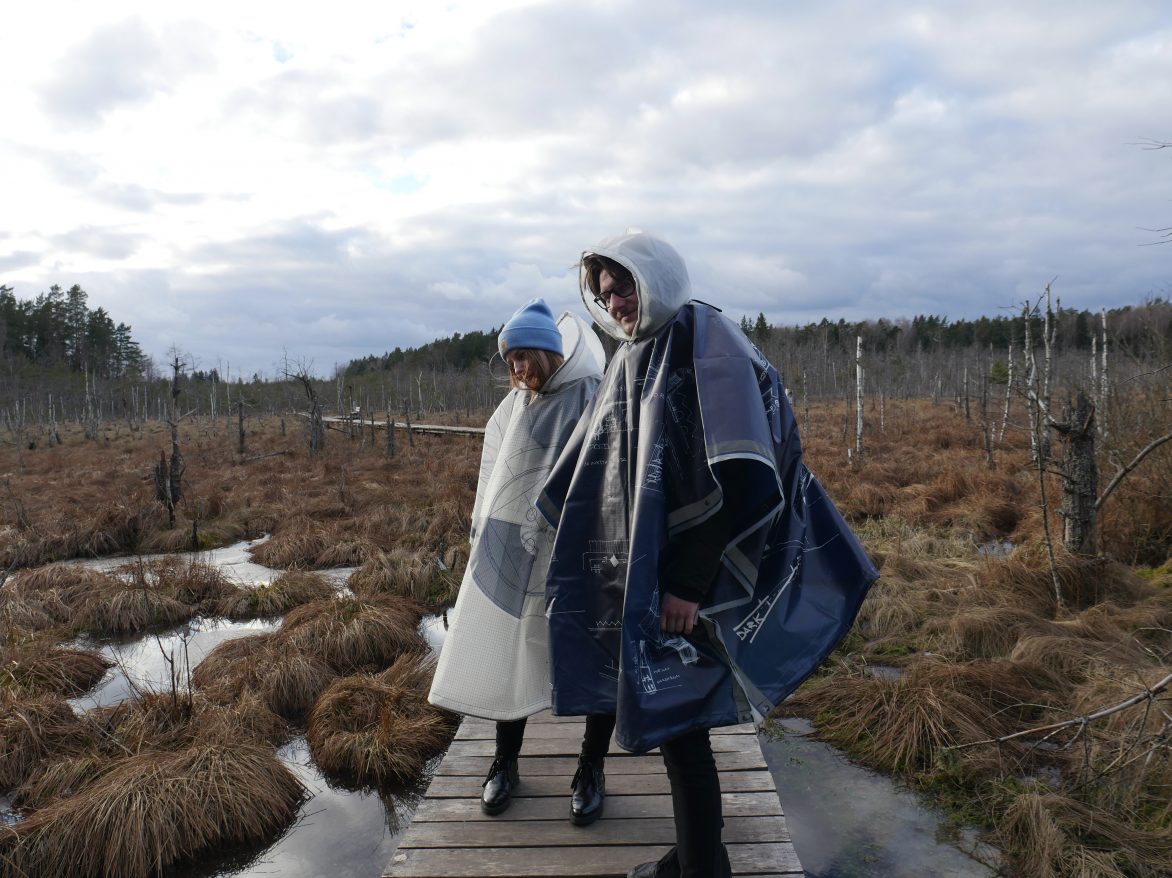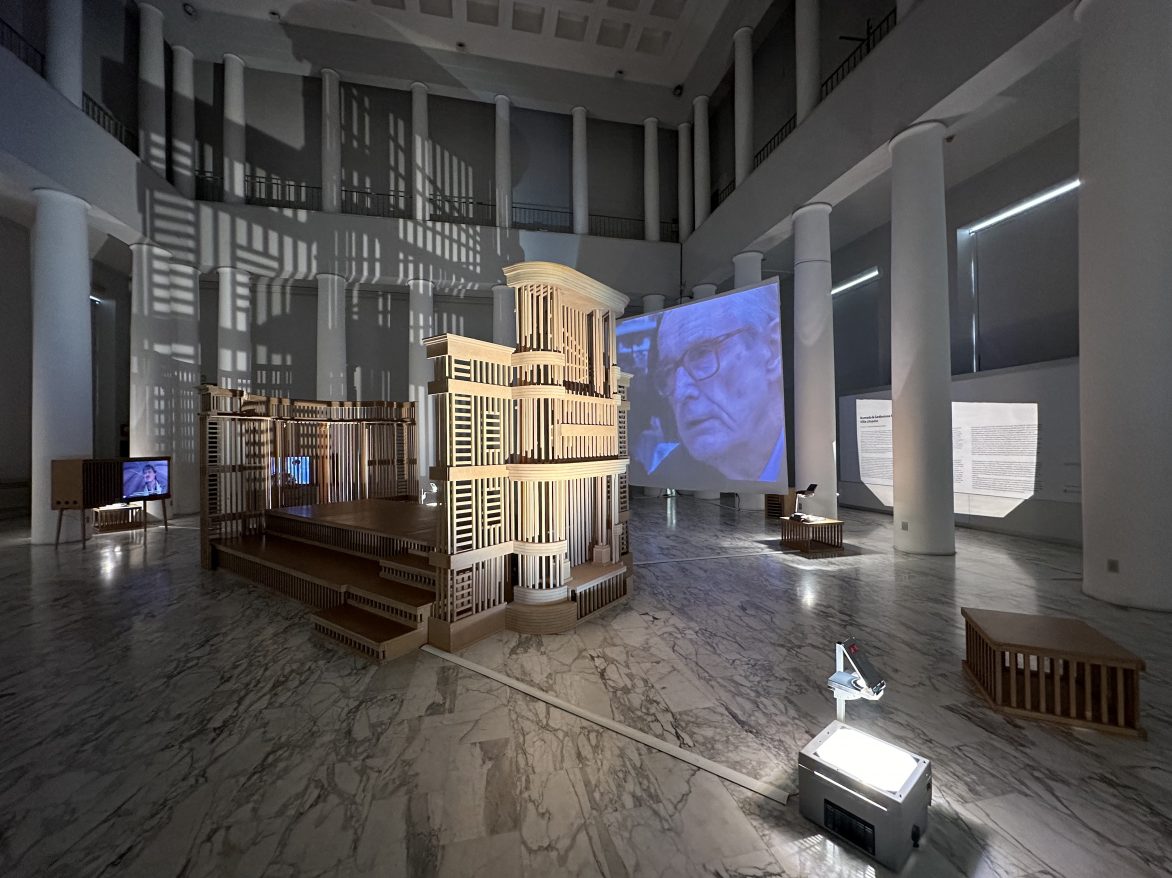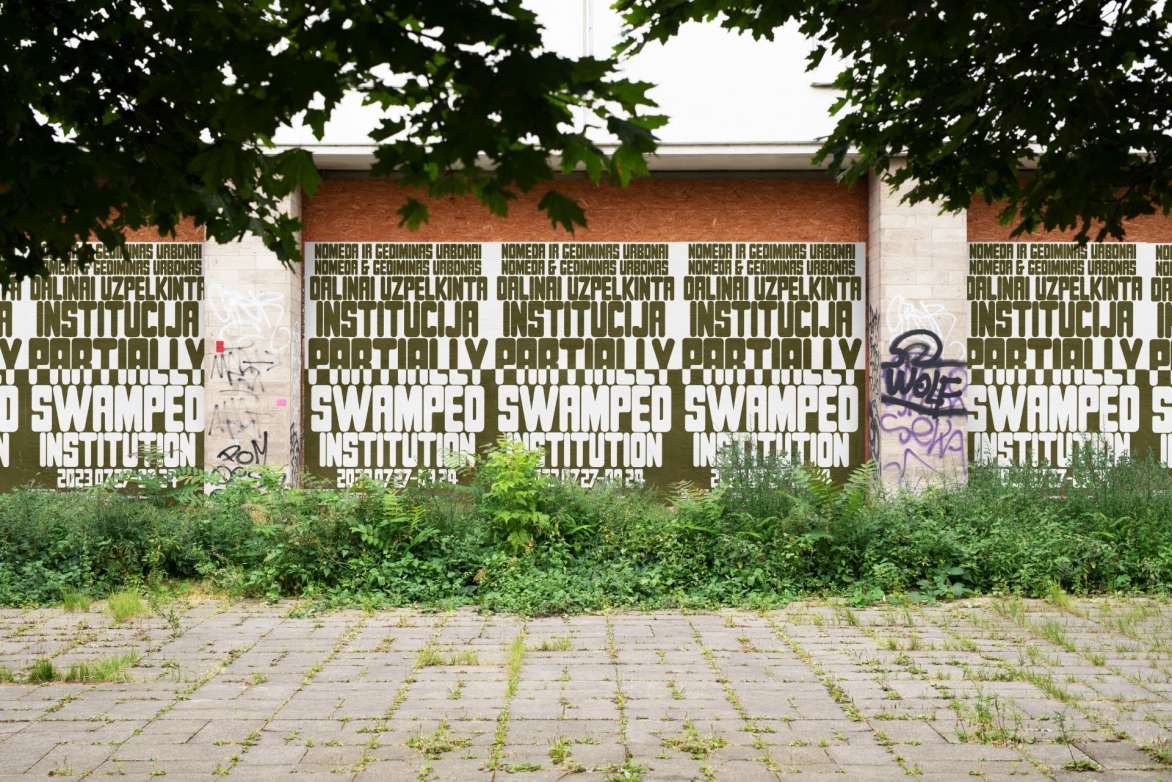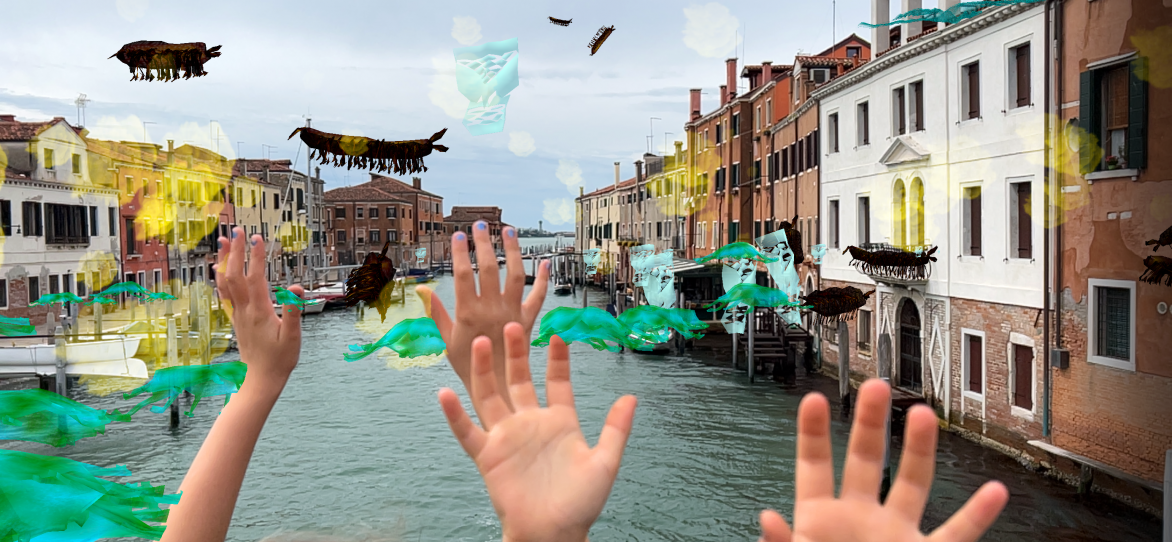Nomeda & Gediminas Urbonas: Award for the Contribution to the Liberal Arts Education, Vytautas Magnus University in Kaunas, Lithuania, 2024
Gediminas Urbonas, Associate Professor MIT ACT
Nomeda Urbonas, MIT ACT research affiliate
Since 2016 Nomeda & Gediminas Urbonas have been collaborating with Vytautas Magnus University (VMU) in Kaunas, Lithuania. Established in 1922 VMU was re-established in 1989 by émigré scientists like prof. Algirdas Avižienis (computer scientist and former director of JPL STAR project for Voyager mission), prof. Birutė Galdikas (anthropologist and leading authority on orangutans), Valdas Adamkus (regional administrator of the EPA), and others who came back to Lithuania to rebuild the country after 50 years of occupation. VMU built its reputation on pursuing policies of liberal studies and establishing successful international research programs with other universities all over the world. Merging with University of Pedagogy and Academy of Agriculture in 2019 the VMU develops as a unique hub for advanced research that situates liberal arts as interface between disciplines to enhance transdisciplinarity.
Marking the VMU’s 35th anniversary of re-establishment the International Liberal Arts Forum was organized, inviting the discussion of the agency of liberal arts education in the time of transformation. Academic partners, social stakeholders, and policymakers from the USA, Hong Kong, Taiwan, Ukraine, and other countries discussed how academic freedom is being challenged by political polarization, uncertainties brought by changing climate, and the developments of AI. Nomeda and Gediminas Urbonas (VMU visiting professors since 2019) were invited to give a keynote that unfolded concept of pragmatic fictions as catalyst for collaborative experiments in design and pedagogy, and the agency of artistic intelligence for adapting to imminent unknowns.

